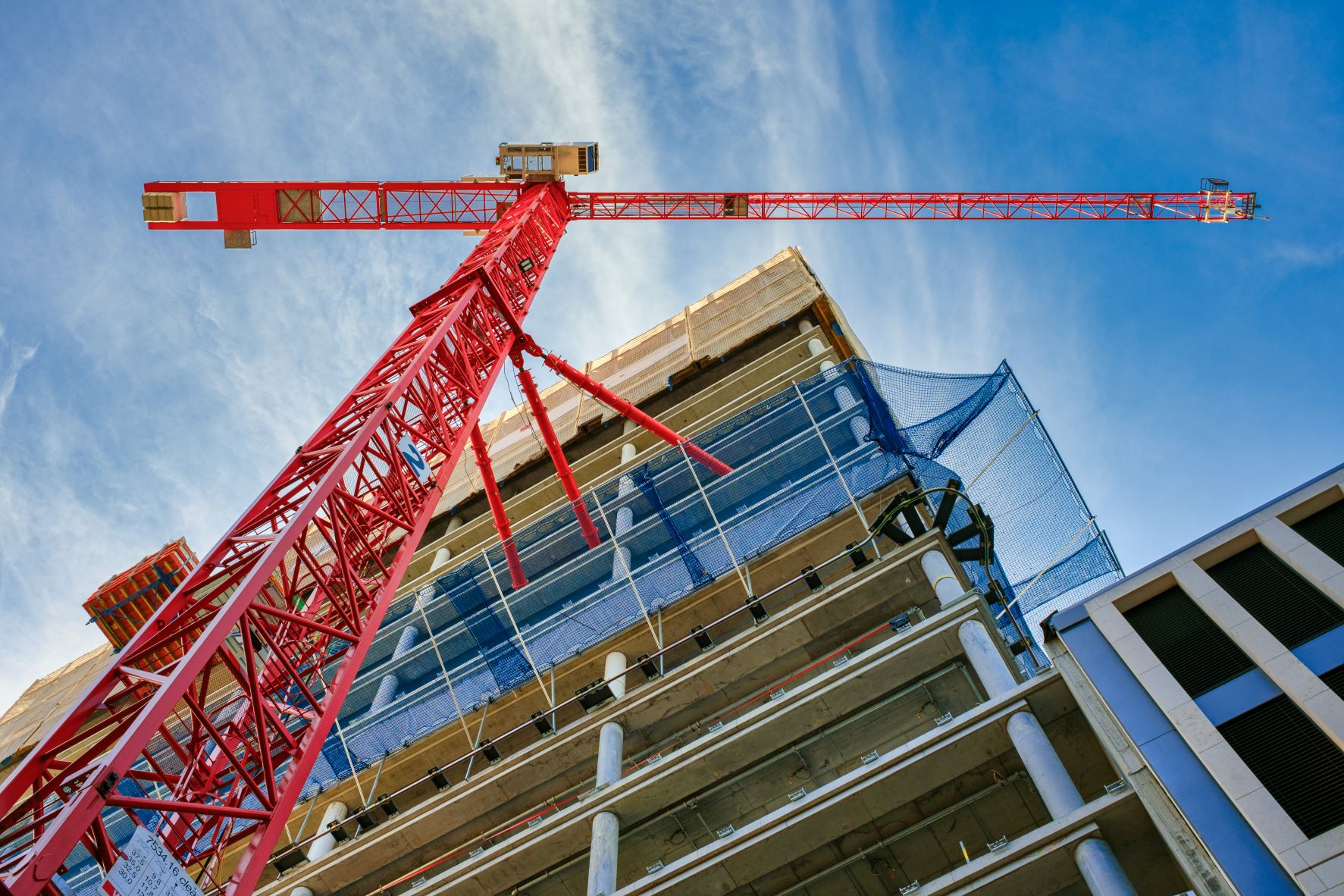Construction

October 26, 2022
Minimizing Caught-in or -between Hazards
Caught-in or -between hazards may cause injuries if a person is squeezed, caught, crushed, pinched or compressed between two or more objects, or between parts of an object. Such accidents can occur in any industry. Common workplace conditions that can lead to caught-in or-between hazards include: Working with unguarded moving parts Working in unprotected excavations...

August 1, 2022
Construction Safety Professionals Struggle to Prevent Fall Hazards
Earlier this month, the Occupational Safety and Health Administration announced a new initiative to conduct surprise safety inspections for fall hazards. A day later, the agency announced $32,113 in fines for a Florida construction company where a 19-year-old worker died after falling from a clubhouse roof. The fines were far from unusual, but the juxtaposition...

July 27, 2022
For an Edge on Office Leasing, Get Health Conscious
A research note out of Marcus & Millichap on the office market claims there are “bifurcated fundamentals.” Central business district (CBD) offices are seeing faster climbing vacancy rates than those in suburbs, so preliminary second quarter data suggests. What’s causing the unhealthy disparity? Concerns about health. “This is in part due to the increased emphasis...

July 14, 2022
Managing Safety With Tablets and Smartphones at the Jobsite
With construction workers able to access the digital tools they need from a hand-held device that connects to the Internet, workers are more likely to use the device while moving or trying to complete multiple tasks, posing a safety risk for everyone. How we work has changed drastically over the last few years. Employees can...

July 8, 2022
How to Stay Cool in the Summer Heat
All heat-related deaths and illnesses are preventable. Yet, an average of 658 people die each year as a result of exposure to extreme heat. The summer before last, the National Center for Atmospheric Research (NCAR) did an in-depth study on heat exposure. It revealed that more than one-quarter of the U.S. population suffered from symptoms such as nausea,...

June 28, 2022
Builder’s Risk – Construction Projects Rush to Plug Cover Gap
Supply chain challenges and inflationary pressures have left contractors and developers with soaring insurance costs amid a scramble to extend cover for delayed projects. The cost of some materials has surged since the onset of the coronavirus pandemic, while an underwriting expert told Insurance Business that supply chain delays have meant policyholders may require an extension of...

June 21, 2022
The Importance of Surety Bonds for the Concrete Contractor
Placing concrete requires specialized skills and equipment. The licensing requirements for concrete contractors vary from state to state. In some states, concrete contractors need a specific license for working with concrete. In others, licensing for concrete contractors is included in the general contractor’s license. To obtain a contractor’s or concrete license, you must meet multiple...

May 31, 2022
How Technology is Helping Lower Risks in Construction
Construction projects are becoming more complex, while the timeframes to complete them are shortening. On top of these challenges, supply chain troubles and labor shortages are raising the potential risks for builders, insurance industry sources tell PropertyCasualty360.com. “Each of these factors can increase business expenses and insurance rates, which underscores why it’s more important than ever for...

May 25, 2022
Construction Costs Outpacing Property Rate, Limit Increases
Property insurers are not raising coverage limits and rates to keep pace with inflating construction costs, according to a Moody’s Investors Service report. Rising costs for construction materials and labor means elevated loss severity for insurers because repair and replacement work are more expensive. “Higher costs for construction materials and labor have caused elevated loss...

May 18, 2022
Why Are US Commercial Insurance Rates Continuing to Climb?
A new report from the American Property Casualty Insurance Association (APCIA) has looked into the impact of inflationary pressures on commercial lines insurance in the US and identified three main drivers of commercial insurance rate increases. “Insurers and agents continue to look for ways to reduce costs while still meeting all obligations to policyholders, but as claims...
